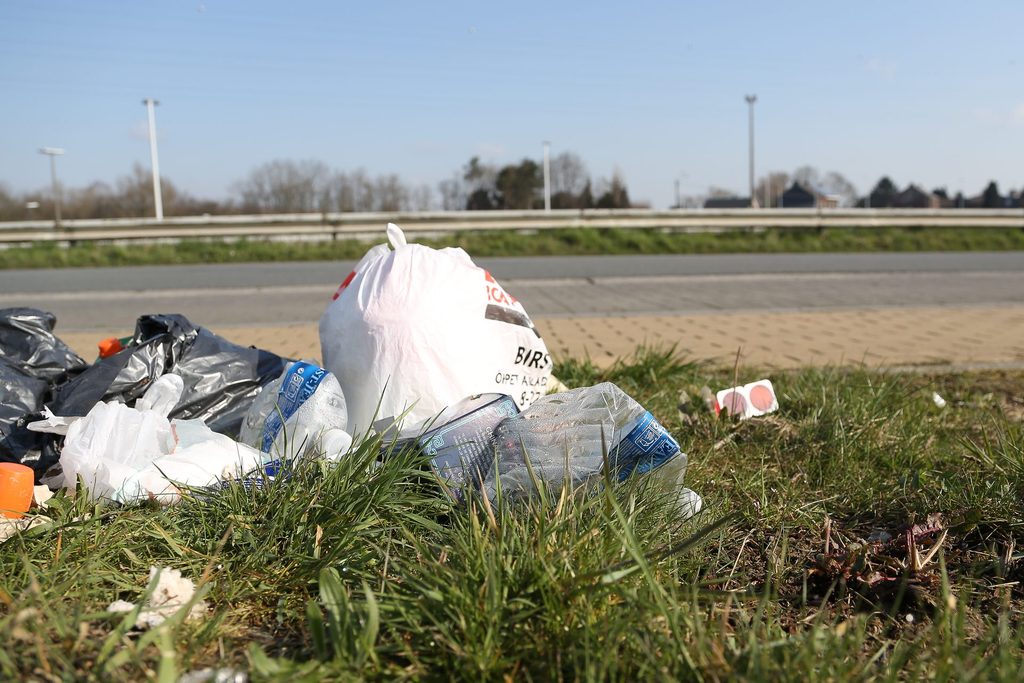People owning drones have been called on to help track down litter in less visible places as part of a project named "Waste Watchers" which was launched on Thursday.
The Flemish Institute for Technological Research (VITO), in collaboration with the Belgian organisation River Cleanup, is going to let citizens track down litter using drones to make more data available about the phenomenon.
Specifically, the Waste Watchers project wants to enlist citizens to take pictures of the banks of the Scheldt with drones. Artificial Intelligence (AI) will then detect on the images where the most litter is located.
"This is a world first that combines citizen science with artificial intelligence (AI)," said River Cleanup founder and CEO Thomas de Groote. While tracking litter with the use of drones in itself is not new, it is the first time worldwide that citizens will be enlisted en masse for this purpose.
Larger scope
People with a drone have been invited to take part in the five "flying days" in Dendermonde, Wichelen, Ghent, Oudenaarde or Avelgem in July and August, during which a guided flight along the Scheldt, a 435-kilometre-long river that flows through western Belgium, will be organised.
The system with drones has a lot of potential because there is currently a shortage of data regarding littered spaces, but the drones also help the teams to quickly map all concentrations of litter over a large area.

A boat on the Scheldt. Credit: Belga/ Dirk Waem
Everyone who takes images with a drone can upload them on the River Cleanup website. All the pictures of a small part of the long riverbank will then be combined to provide footage of the entire stretch of the Scheldt. Citizens who respond to the call will of course not be asked to clean the area themselves.
Using AI, the images will be converted into a user-friendly litter distribution map. De Groote's organisation, which cleans the river from source to mouth by involving citizens, companies and governments, has already enlisted more than 200,000 volunteers in some 90 countries. It will use the AI analysis to organise clean-up actions.
The system may eventually be used internationally. "The Scheldt is a first step. We are already getting enquiries from our partners in Indonesia," said de Groote.

